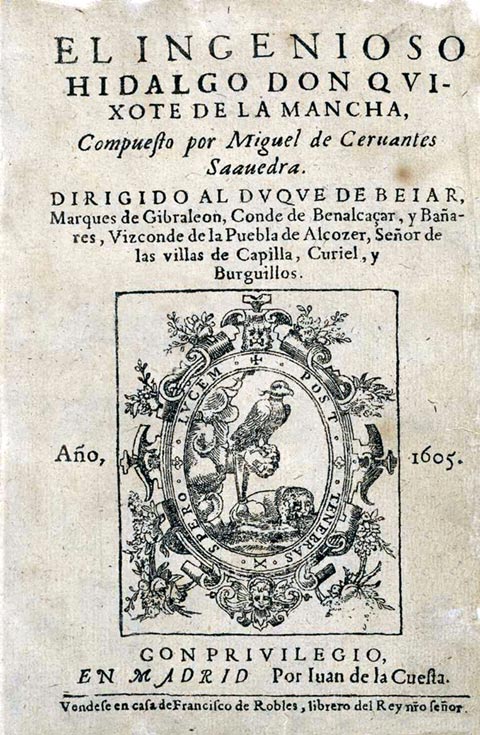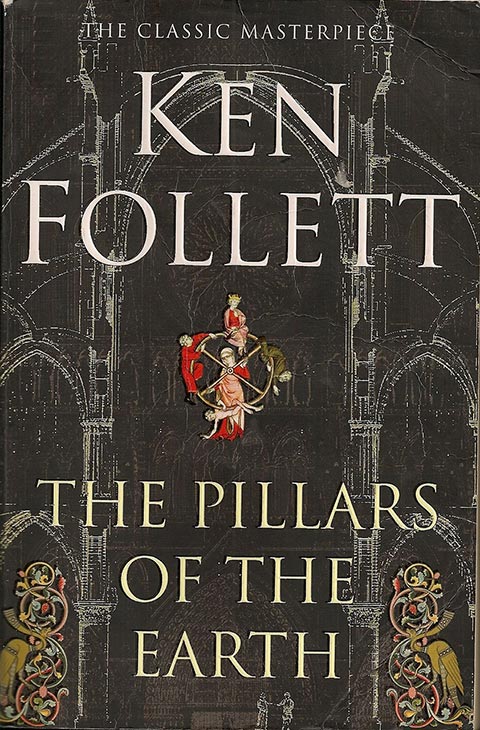It is not very common to find references to fulleries in literary works. However there is an episode where these machines take center stage in the universal work of Cervantes, “The Ingenious Nobleman Don Quixote of la Mancha.” In chapter 20 of the first part, Don Quixote and Sancho stop in a valley and go looking for water. When they hear the sound of a nearby stream, they also begin to hear a loud, rhythmic noise of “irons and chains” which they are unable to identify because of the night’s darkness. At first Don Quixote, thinking it might mean danger, attempts to ride out with Rocinante to meet it, but Sancho, full of fear, manages to dissuade his master from his intentions. After spending the night listening to tales of Sancho and experiencing some other memorable moments, morning dawns. With the arrival of light, the gentleman can no longer wait and sets out with his servant in search of the infernal sounds. They verify that the noise comes from rickety constructions where six fullery mallets strike in an alternating pattern. Sancho realizes the tremendous mistake in confusing the noise and begins to laugh uncontrollably, thereby eliciting the anger of Don Quixote.
The interesting thing about this episode is that for Sancho, a person of humble origins, the fulling mills are familiar constructions, whereas for the hidalgo they are something totally unknown. He even states that because of his status he should not be expected to know of them.
Another interesting reference can be found in Ken Follet’s best-seller “The Pillars of the Earth.” This work is set in twelfth century England and one of his episodes describes how the invention of the fulling mill in the area might have been. In the novel the need arises because one of the protagonists is required to travel to a distant location where there was a guild of fulling professionals, in order to tamp her woolen fabrics,. Her boyfriend instead intelligently solves the problem by devising a hydraulic device which adapts the machinery of a river mill.





